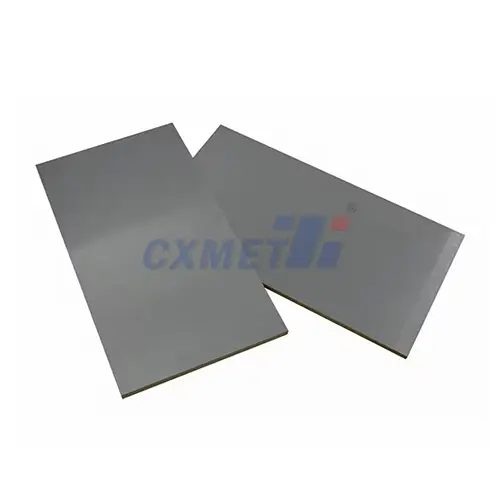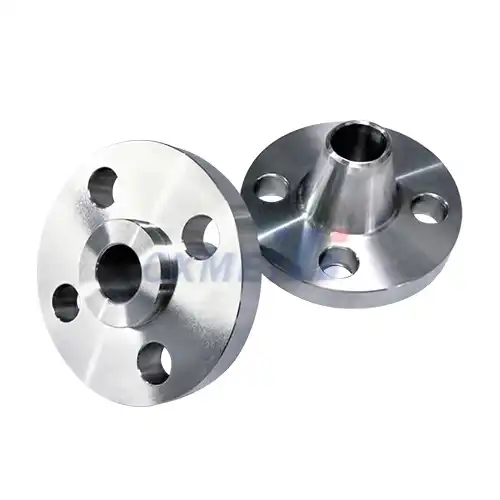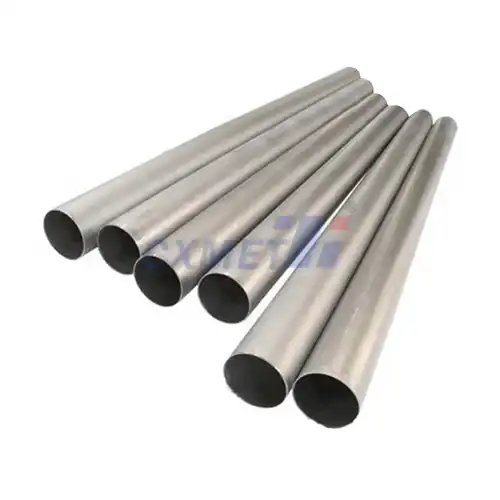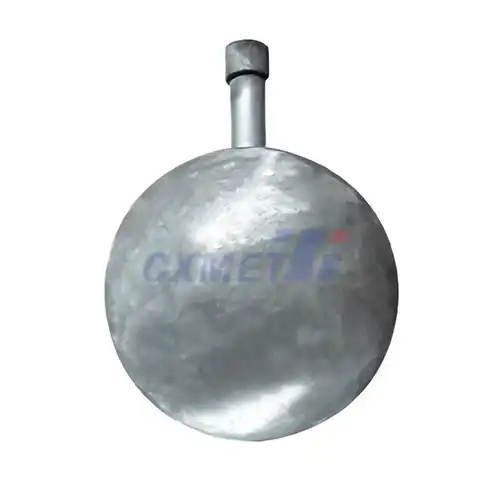- English
- French
- German
- Portuguese
- Spanish
- Russian
- Japanese
- Korean
- Arabic
- Greek
- German
- Turkish
- Italian
- Danish
- Romanian
- Indonesian
- Czech
- Afrikaans
- Swedish
- Polish
- Basque
- Catalan
- Esperanto
- Hindi
- Lao
- Albanian
- Amharic
- Armenian
- Azerbaijani
- Belarusian
- Bengali
- Bosnian
- Bulgarian
- Cebuano
- Chichewa
- Corsican
- Croatian
- Dutch
- Estonian
- Filipino
- Finnish
- Frisian
- Galician
- Georgian
- Gujarati
- Haitian
- Hausa
- Hawaiian
- Hebrew
- Hmong
- Hungarian
- Icelandic
- Igbo
- Javanese
- Kannada
- Kazakh
- Khmer
- Kurdish
- Kyrgyz
- Latin
- Latvian
- Lithuanian
- Luxembou..
- Macedonian
- Malagasy
- Malay
- Malayalam
- Maltese
- Maori
- Marathi
- Mongolian
- Burmese
- Nepali
- Norwegian
- Pashto
- Persian
- Punjabi
- Serbian
- Sesotho
- Sinhala
- Slovak
- Slovenian
- Somali
- Samoan
- Scots Gaelic
- Shona
- Sindhi
- Sundanese
- Swahili
- Tajik
- Tamil
- Telugu
- Thai
- Ukrainian
- Urdu
- Uzbek
- Vietnamese
- Welsh
- Xhosa
- Yiddish
- Yoruba
- Zulu
Is Titanium Grade 2 Sheet Corrosion-Resistant?
2024-12-04 11:27:21
Titanium Grade 2, also known as commercially pure titanium, is renowned for its exceptional corrosion resistance. This material is widely used in various industries due to its unique combination of strength, lightweight properties, and excellent resistance to corrosion. When it comes to corrosion resistance, Titanium Grade 2 sheet is indeed highly resistant to most forms of corrosion, making it an ideal choice for applications in harsh environments or where long-term durability is crucial.
What are the main applications of Titanium Grade 2 sheet?
Titanium Grade 2 sheet finds applications across a wide range of industries due to its remarkable properties. In the aerospace industry, it is used for aircraft components that require high strength-to-weight ratio and corrosion resistance. The marine industry utilizes Titanium Grade 2 sheet for boat fittings, propeller shafts, and other components exposed to seawater, as it resists corrosion in saltwater environments exceptionally well.
In the chemical processing industry, Titanium Grade 2 sheet is employed for reactor vessels, heat exchangers, and piping systems that handle corrosive chemicals. Its resistance to chlorides and other aggressive substances makes it an excellent choice for these applications. The oil and gas industry also benefits from Titanium Grade 2 sheet, using it for offshore platforms, subsea equipment, and other components exposed to harsh marine environments.
The medical field utilizes Titanium Grade 2 sheet for surgical implants and medical devices due to its biocompatibility and corrosion resistance in bodily fluids. In the power generation sector, it is used for heat exchangers and condenser tubing in power plants, particularly in desalination plants where resistance to saltwater corrosion is crucial.
Architectural applications also make use of Titanium Grade 2 sheet for cladding and roofing, as it offers both aesthetic appeal and long-term durability in various weather conditions. The food processing industry employs this material for equipment and storage tanks due to its resistance to corrosion by food acids and its non-toxic nature.
The versatility of Titanium Grade 2 sheet extends to the automotive industry, where it is used for exhaust systems and other components that require high strength and corrosion resistance. In the pulp and paper industry, it is used for bleaching equipment and other process machinery exposed to corrosive chemicals.
How does Titanium Grade 2 compare to other corrosion-resistant materials?
When comparing Titanium Grade 2 to other corrosion-resistant materials, it often outperforms many alternatives in terms of overall corrosion resistance and versatility. Stainless steel, for instance, is a common corrosion-resistant material, but Titanium Grade 2 generally offers superior resistance to pitting and crevice corrosion, especially in chloride-containing environments like seawater.
Compared to aluminum alloys, Titanium Grade 2 exhibits much higher strength and better resistance to a wider range of corrosive media. While aluminum is lighter, it is more susceptible to galvanic corrosion and performs poorly in alkaline environments, whereas Titanium Grade 2 maintains its integrity across a broader pH range.
Nickel alloys, such as Inconel and Hastelloy, are known for their excellent corrosion resistance, particularly in high-temperature applications. However, Titanium Grade 2 often matches or exceeds their performance in many corrosive environments while offering a significant weight advantage. This makes Titanium Grade 2 a preferred choice in applications where both corrosion resistance and weight reduction are important factors.
Copper alloys, which are known for their biofouling resistance in marine environments, cannot match the overall corrosion resistance and strength of Titanium Grade 2. While copper alloys may be preferred in some specific applications due to their antimicrobial properties, Titanium Grade 2 offers a more comprehensive solution for corrosion resistance across various industries.
In comparison to high-performance plastics like PTFE or PVC, Titanium Grade 2 offers superior mechanical properties and can withstand higher temperatures and pressures. While these plastics may be suitable for certain corrosive environments, they lack the strength and versatility of Titanium Grade 2, limiting their use in structural applications.
It's worth noting that while Titanium Grade 2 Sheet excels in many corrosive environments, there are some specific conditions where other materials might be more suitable. For instance, in highly reducing acids like hydrochloric acid, tantalum or zirconium might offer better resistance. However, the overall balance of properties makes Titanium Grade 2 a top choice for a wide range of corrosion-resistant applications.
What factors affect the corrosion resistance of Titanium Grade 2 sheet?
The corrosion resistance of Titanium Grade 2 Sheet is influenced by several factors, both inherent to the material and related to its environment and processing. Understanding these factors is crucial for maximizing the performance of Titanium Grade 2 in corrosive environments.
One of the primary factors affecting corrosion resistance is the formation of a stable oxide layer on the surface of the titanium. This naturally occurring titanium dioxide (TiO2) film forms spontaneously when the metal is exposed to oxygen, providing a protective barrier against corrosion. The stability and integrity of this oxide layer are key to the material's corrosion resistance.
Temperature plays a significant role in the corrosion behavior of Titanium Grade 2. While it performs excellently at room temperature and moderately elevated temperatures, extreme high temperatures can accelerate corrosion rates. In some cases, high temperatures can cause the protective oxide layer to break down, potentially leading to increased corrosion.
The pH of the environment is another critical factor. Titanium Grade 2 exhibits excellent corrosion resistance across a wide pH range, from highly acidic to alkaline conditions. However, extremely low pH environments, particularly those containing reducing acids like hydrofluoric acid, can compromise its corrosion resistance.
The presence of specific ions in the corrosive medium can also affect the material's performance. For instance, while Titanium Grade 2 is highly resistant to chloride ions (common in seawater), it may be more susceptible to corrosion in environments containing fluoride ions.
Surface condition is another important consideration. A smooth, clean surface generally provides better corrosion resistance than a rough or contaminated surface. Proper surface preparation and cleaning are essential for maintaining optimal corrosion resistance.
Mechanical stress can influence corrosion behavior as well. Stress corrosion cracking, although rare in Titanium Grade 2, can occur under specific conditions of stress and corrosive environment. Proper design and stress management are important to prevent this type of corrosion.
The purity of the Titanium Grade 2 sheet also affects its corrosion resistance. The presence of impurities or alloying elements can sometimes alter the corrosion behavior. Grade 2 titanium, being commercially pure, generally offers excellent corrosion resistance due to its high purity levels.
Finally, processing and fabrication methods can impact corrosion resistance. Welding, for example, can create heat-affected zones that may have slightly different corrosion properties compared to the base metal. Proper welding procedures and post-weld treatments are important to maintain uniform corrosion resistance across the material.
In conclusion, while Titanium Grade 2 sheet is inherently highly corrosion-resistant, various factors can influence its performance in specific environments. Understanding these factors allows for optimal material selection and application, ensuring that Titanium Grade 2 sheet provides the expected level of corrosion protection in its intended use.
At SHAANXI CXMET TECHNOLOGY CO., LTD, we take pride in our extensive product range, which caters to diverse customer needs. Our company is equipped with outstanding production and processing capabilities, ensuring the high quality and precision of our products. We are committed to innovation and continuously strive to develop new products, keeping us at the forefront of our industry. With leading technological development capabilities, we are able to adapt and evolve in a rapidly changing market. Furthermore, we offer customized solutions to meet the specific requirements of our clients. If you are interested in our products or wish to learn more about the intricate details of our offerings, please do not hesitate to contact us at sales@cxmet.com. Our team is always ready to assist you.
References
- ASTM International. (2021). "Standard Specification for Titanium and Titanium Alloy Strip, Sheet, and Plate." ASTM B265-15.
- Schutz, R. W., & Thomas, D. E. (1987). "Corrosion of titanium and titanium alloys." ASM Handbook, 13, 669-706.
- Donachie, M. J. (2000). "Titanium: A Technical Guide." ASM International.
- Peters, M., Kumpfert, J., Ward, C. H., & Leyens, C. (2003). "Titanium alloys for aerospace applications." Advanced Engineering Materials, 5(6), 419-427.
- Revie, R. W., & Uhlig, H. H. (2008). "Corrosion and Corrosion Control: An Introduction to Corrosion Science and Engineering." John Wiley & Sons.
- Lütjering, G., & Williams, J. C. (2007). "Titanium." Springer Science & Business Media.
- Schutz, R. W. (2005). "Corrosion of titanium and titanium alloys." Corrosion: Materials, 13, 252-299.
- Boyer, R., Welsch, G., & Collings, E. W. (1994). "Materials Properties Handbook: Titanium Alloys." ASM International.
- Gurrappa, I. (2003). "Characterization of titanium alloy Ti-6Al-4V for chemical, marine and industrial applications." Materials Characterization, 51(2-3), 131-139.
- Leyens, C., & Peters, M. (Eds.). (2003). "Titanium and Titanium Alloys: Fundamentals and Applications." John Wiley & Sons.




.webp)
